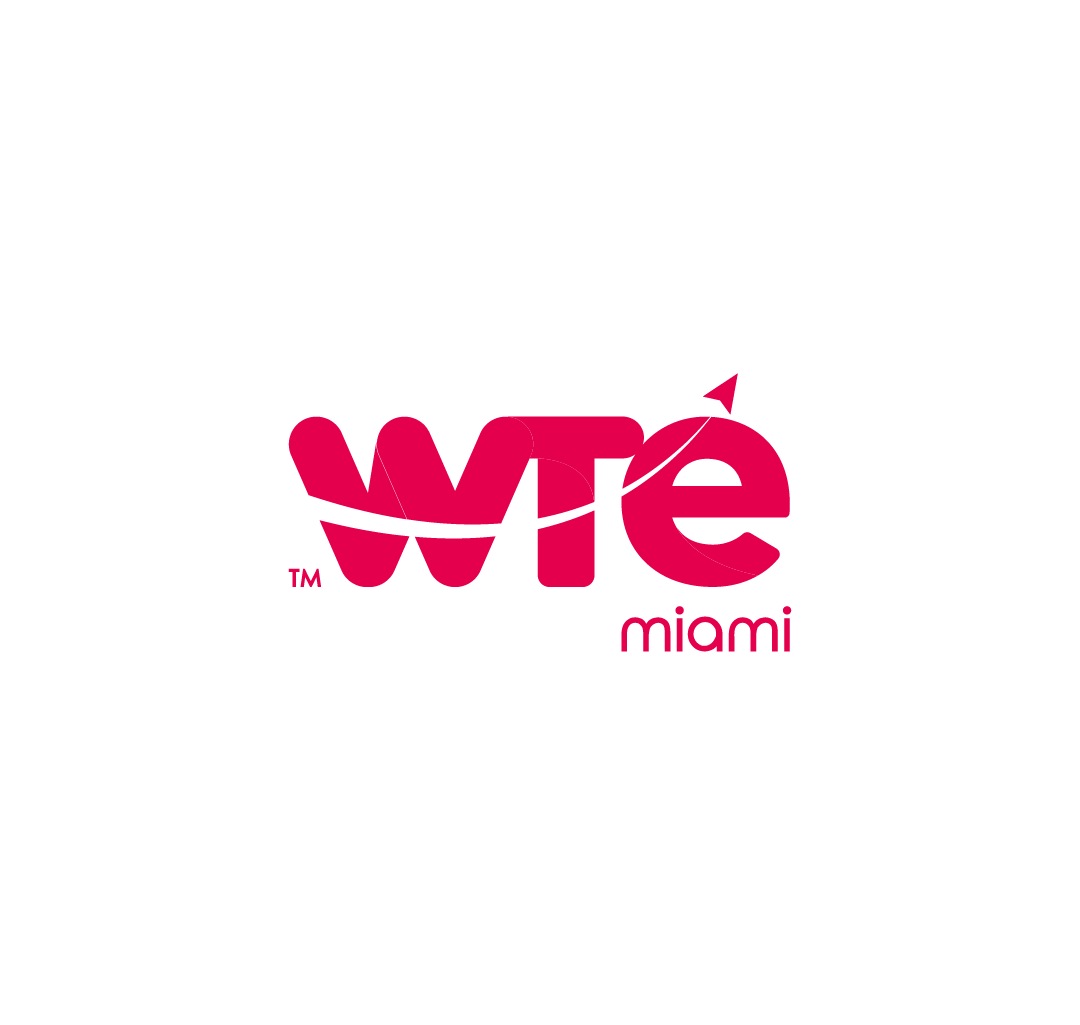UNEP tackles tourist threat to coral reefs
In response to the growing threat to coral reefs, worldwide, the United Nations Environment Programme (UNEP) and the International Coral Reef Initiative (ICRI) have prepared five new “communication” tools to help the tourist industry explain to their customers the importance of protecting coral reefs during their holidays.
Developed with financial support from the French Ministry of the Environment as a contribution to ICRI, the new communication tools are available free of charge as electronic files. Available in five languages, they can be distributed with travel documents or in in-flight magazines, in hotel lobbies and rooms, or at travel agencies, airport lounges, visitor information centers, reception areas, and recreation centres.
Jacqueline Aloisi de Larderel, Assistant UNEP Executive Director said: “Coral reefs are a major tourist attraction in many coastal areas, and protecting them is essential not only for the environment but also for the tourism industry. We believe that by raising awareness and so changing the behavior of tourists and local tourism industry workers alike, the damage to coral reefs can be reduced.
“The tools are designed to send the message that each of us can contribute during our holidays to the protection of coral reefs. Under the slogan, ‘Coral or no coral?…It’s my choice’, they give the message that anyone can take simple actions to help protect and conserve one of the most important and seductively beautiful habitats in the world.”
The five coral reef communication tools from UNEP and ICRI are designed to contribute to the awareness raising activities of ICRAN, the International Coral Reef Action Network. The action phase of ICRAN was recently launched with a major grant from the United Nations Foundation, see www.icran.org.
Arthur Dahl, Director of UNEP’s Corals Unit said: “In its action plan the International Coral Reef Action Network called for a campaign in the Caribbean to raise awareness and influence change. The new communication tools from UNEP will help kick-start this campaign and hopefully lead to better care and long-term management and conservation of the immensely valuable coral resource.”
The recently published UNEP-WCMC World Atlas of Coral Reefs states that more than sixty per cent of the coral reefs in the Caribbean region are under threat. It says that entire reefs have been decimated by disease and that the region (which hosts a little under 8 per cent of the world’s total reef area) is widely affected by many direct human impacts, including sedimentation, nutrient pollution and over-fishing.
For more information contact the UNEP DTIE Tourism Programme coordinator on: tel +33 1 44 371450, fax +33 1 44 371474, mailto:[email protected] or Robert Bisset, DTIE Press Officer and UNEP Spokesperson for Europe on mailto:[email protected]
In Mexico, contact Rody Oñate, Information Officer PNUMA/ORPALC
(+52) 5202-4841 y 5202-6394; Fax: (+52) 5202-0950, mailto:[email protected]
The 5 Communication Tools: (all are available in English, Spanish, French, Italian and German)
1. Targeted at all tourists, a “passport” explains the main biological and ecological features of coral reefs – their formation, their main elements, their ecological significance, and the main threats to them. It explains to visitors why coral reefs should be protected – in particular that without reefs, the tropical paradise they are visiting would not exist. The introduction provides space for the user’s picture and name, and a map on which the user can mark the coral reefs he or she has visited.
2. For children, a quiz asks twenty-four questions about coral reef biology and ecology, as well as threats and recommendations on how to protect reefs.
3. A poster highlights how tourists can contribute to the protection of coral reefs while on holiday. It is a supporting tool to the passport – a reminder of ten simple actions that tourists can take, from avoiding fish feeding or touching corals, to switching off the lights when leaving their hotel room.
4. Specially targeted to boaters – motor or sailing – a double-sided chart highlights five symbols used on navigation charts to indicate no-anchor areas, mooring buoys, protected areas, used oil containers and the “divers down” flag. There is specific information on how to manage solid waste, holding tanks, refueling and anchoring practices.
5. A calendar provides recommendations on twelve areas of action that are linked to the protection of coral reefs, including waste water treatment, solid waste management, energy use, shopping for souvenirs, and tips for snorkeling and scuba diving. Two detachable pages list contacts for organizations in the Caribbean region that can provide more assistance and information to hotel managers and tourists alike.
Have your say Cancel reply
Subscribe/Login to Travel Mole Newsletter
Travel Mole Newsletter is a subscriber only travel trade news publication. If you are receiving this message, simply enter your email address to sign in or register if you are not. In order to display the B2B travel content that meets your business needs, we need to know who are and what are your business needs. ITR is free to our subscribers.







































TAP Air Portugal to operate 29 flights due to strike on December 11
Qatar Airways offers flexible payment options for European travellers
Airbnb eyes a loyalty program but details remain under wraps
Air Mauritius reduces frequencies to Europe and Asia for the holiday season
Major rail disruptions around and in Berlin until early 2026